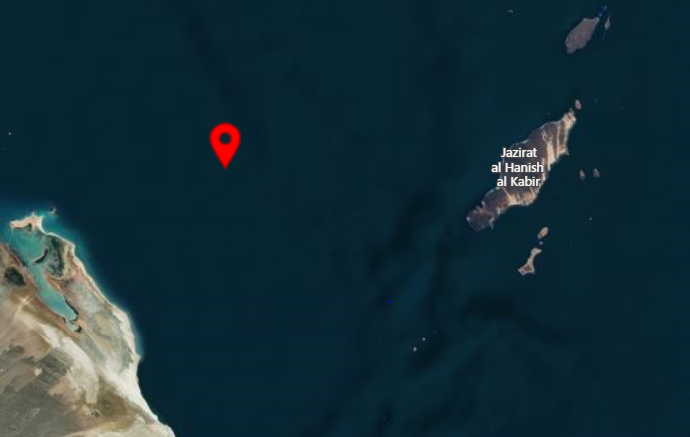The Malta Fiscal Advisory Council (MFAC), an economic watchdog tasked with assessing the fiscal and economic policy objectives of the country’s Government, has warned that uncertainty vis-à-vis the evolution of the pandemic, and its possible effects on economic and fiscal developments, remains high.
Making the warning as part of its assessment of the Draft Budgetary Plan 2022, the organisation endorsed the Government’s financial forecasts, but acknowledged that the premise across all sets of forecasts is that the worst of the pandemic will be over by 2022, allowing economic recovery to proceed further.
This came as Malta, along with many other countries, has recorded a record high peak in COVID cases this winter, as the Omicron variant takes hold.
Additionally, in its 100-page assessment of the forecasts, the council pointed to the impact of Malta’s greylisting by the Financial Action Task Force (FATF) as creating a “highly uncertain” outlook.
Malta was placed on the FATF’s greylist earlier this year, marking it as a jurisdiction of concern for companies and financial entities trading with companies based there.
The MFAC indicates that the potential impact of this on the economy is largely depending on the amount of time Malta spends on the list. This is largely in line with previous statements by economic stakeholders, including Bank of Valletta, which warned that a significant prolonging of the country’s greylisting could have ‘important longer-term’ impacts.
According to the referred to Government’s forecasts, the economy is expected to recover gradually from the downturn recorded in 2020.
Real GDP is forecast to grow by 4.8 per cent in 2021, and economic growth is then expected to accelerate to 6.5 per cent in 2022.
In both years, public expenditure is planned to remain higher than revenue.
In 2021, the fiscal deficit is expected to widen to 11.1 per cent of GDP, thus lifting the public debt-to-GDP ratio further, to 61.3 per cent.
According to the Council, the Government’s plan is to gradually narrow the imbalance, with the target for the fiscal deficit in 2022 set at 5.6 per cent of GDP. The lower fiscal deficit and the expansion in nominal GDP would allow the public debt ratio to stabilise at 61.8 per cent of GDP in 2022.
Malta-flagged container ship targeted by missiles close to Yemen’s Mokha, British security firm says
Attacks by Iran-aligned Houthi group have had major impacts on global shipping
Employment growth set to halve to 3.2% in 2024 due to slowdown in economic activity – Central Bank
The Central Bank of Malta states that Malta’s labour force grew by 5.1% in the first nine months of 2023
In pictures: These Maltese houses just won architectural awards
The BIG SEE Architecture Awards are given to projects from South-East Europe






